Introduction
Are you gearing up for a full-stack software engineer interview? Preparing for these interviews can be challenging, given the vast range of skills required. Full-stack developers need to be proficient in both front-end and back-end technologies, as well as have a solid understanding of databases, version control, and more. In this blog post, we’ll cover essential interview questions that every full-stack developer should be prepared to answer, along with tips on how to tackle each question confidently.
What is Full Stack Development?
Definition: Full stack development involves working on both the front-end (client-side) and back-end (server-side) of web applications. A full-stack developer has the versatility to create, deploy, and maintain the entire technology stack, from designing user interfaces to managing databases.
Why It Matters: Employers value full-stack engineers for their ability to oversee a project from start to finish, reducing the need for specialized teams.
Core Front-End Skills
HTML/CSS
Interview Question: “What distinguishes classes from IDs in HTML/CSS?”
Answer Tip: Discuss the specificity of selectors, their use cases in styling elements, and how they affect the DOM.
JavaScript Frameworks
Interview Question: “What are the advantages of using React over traditional JavaScript?”
Answer Tip: Highlight React’s component-based architecture, virtual DOM, and the benefits of one-way data binding.
Responsive Design
Interview Question: “How do you ensure that your web applications are mobile-friendly?”
Answer Tip: Discuss the use of media queries, responsive units (like em and rem), and frameworks like Bootstrap to ensure accessibility across devices.
Core Back-End Skills
Node.js
Interview Question: “Why would you choose Node.js for server-side development?”
Answer Tip: Explain the non-blocking I/O model, its scalability, and the advantage of using JavaScript for both front-end and back-end development.
Python/Ruby/PHP
Interview Question: “Compare Python with PHP for web development.”
Answer Tip: Discuss Python’s simplicity, readability, and large community support versus PHP’s robust web development tools and wide hosting compatibility.
Database Management
Interview Question: “What are the differences between SQL and NoSQL databases?”
Answer Tip: Discuss the structured nature of SQL databases, the scalability of NoSQL databases, and when to use each type based on the project requirements.
Common Interview Questions
Front-End Questions
Question: “What strategies would you use to improve a website’s loading speed?”
Answer Tip: Mention techniques such as lazy loading, minification of CSS and JavaScript, optimizing images, and using content delivery networks (CDNs).
Back-End Questions
Question: “Explain the concept of RESTful APIs.”
Answer Tip: Describe REST principles like statelessness, resource representation through JSON/XML, and the use of HTTP methods like GET, POST, PUT, and DELETE.
Database Questions
Question: “How do you prevent SQL injection attacks?”
Answer Tip: Discuss the importance of prepared statements, parameterized queries, and the principle of least privilege in database management.
Behavioral and Situational Questions
Question: “Describe a time when you had to troubleshoot a complex issue in a web application.”
Answer Tip: Use the STAR method (Situation, Task, Action, Result) to structure your response. Showcase your ability to solve problems effectively and handle stress.
Question: “How do you manage and prioritize tasks when juggling multiple projects?”
Answer Tip: Talk about tools like Trello or JIRA, and methods such as the Eisenhower Matrix, to prioritize tasks based on urgency and importance.
Final Tips for Interview Success
Know Your Basics: Review core concepts in both front-end and back-end development.
Practice Coding: Use platforms like LeetCode and HackerRank to hone your problem-solving skills.
Stay Updated: Technology evolves rapidly. Keep up with the latest trends in full-stack development, such as new JavaScript frameworks or emerging database technologies.
Mock Interviews: Practice with peers or use online services to simulate real interview conditions.
Conclusion
Full-stack software engineering interviews are comprehensive and require a deep understanding of multiple technologies. By preparing with these questions, you’ll be better equipped to demonstrate your expertise and stand out from the competition. Remember, confidence is key—practice your answers, stay calm, and showcase your passion for coding.


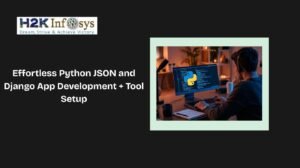

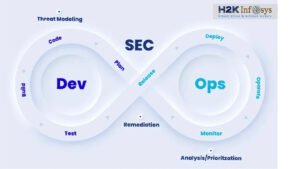











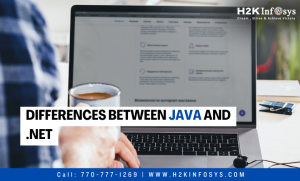
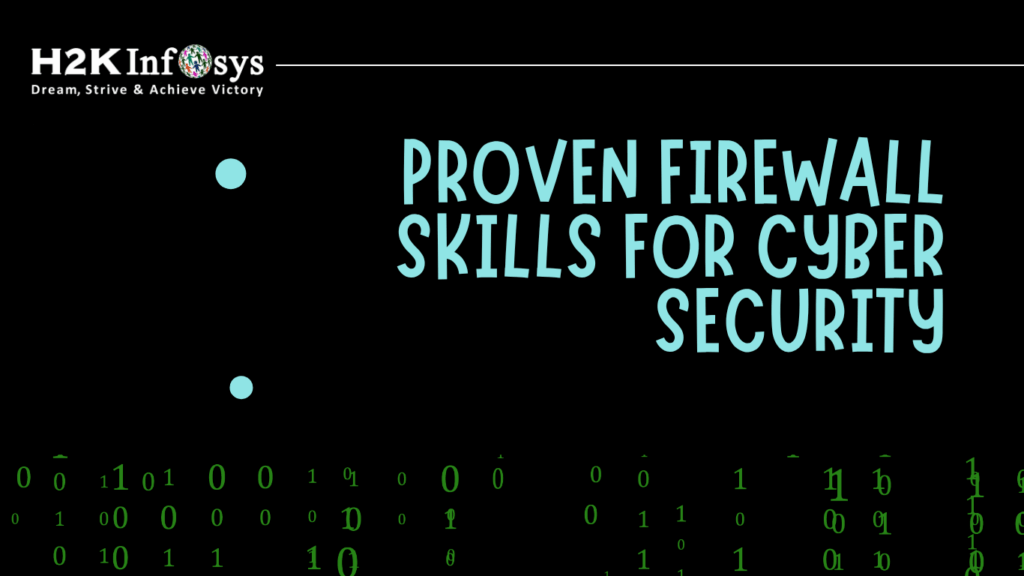

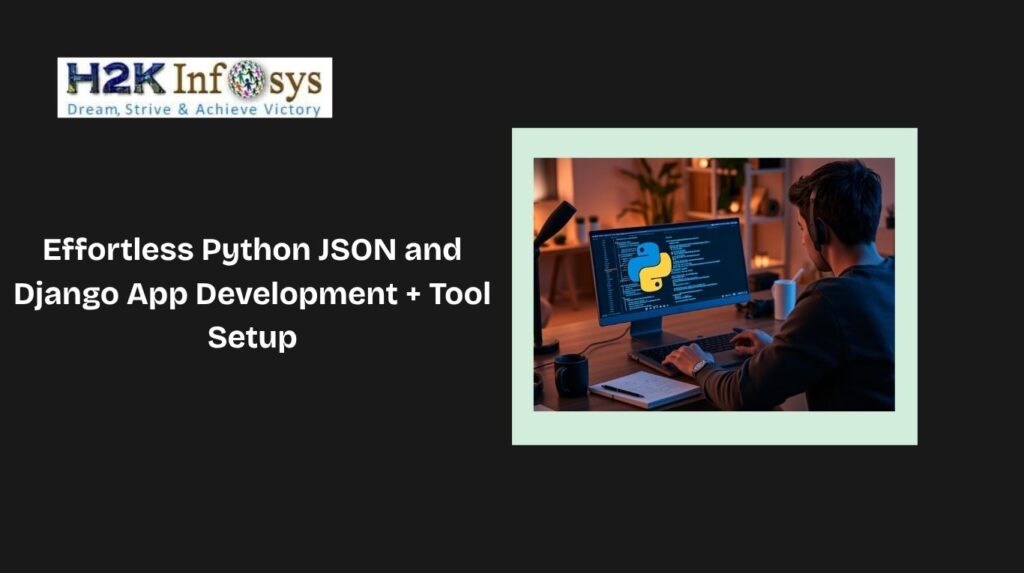

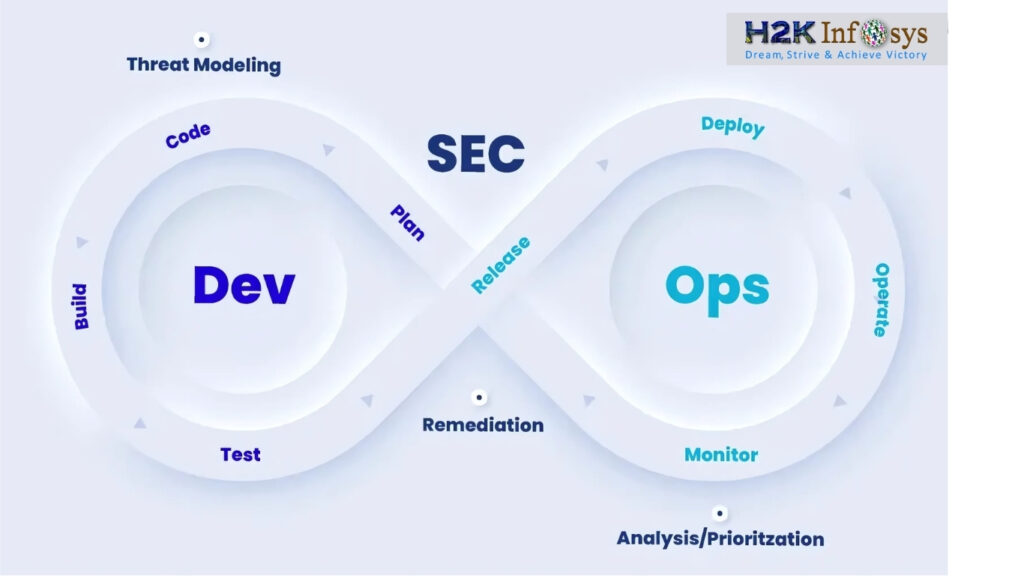
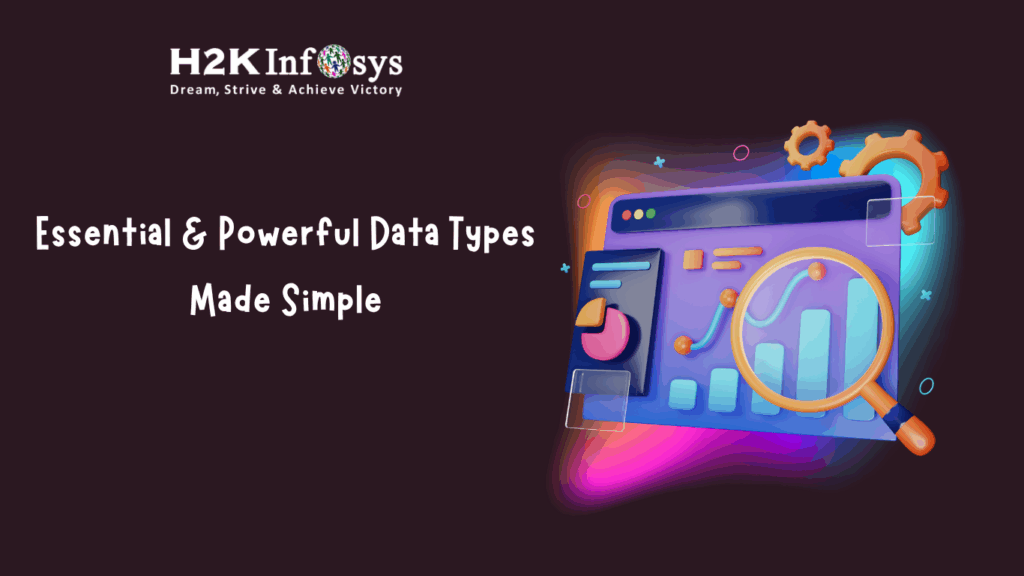

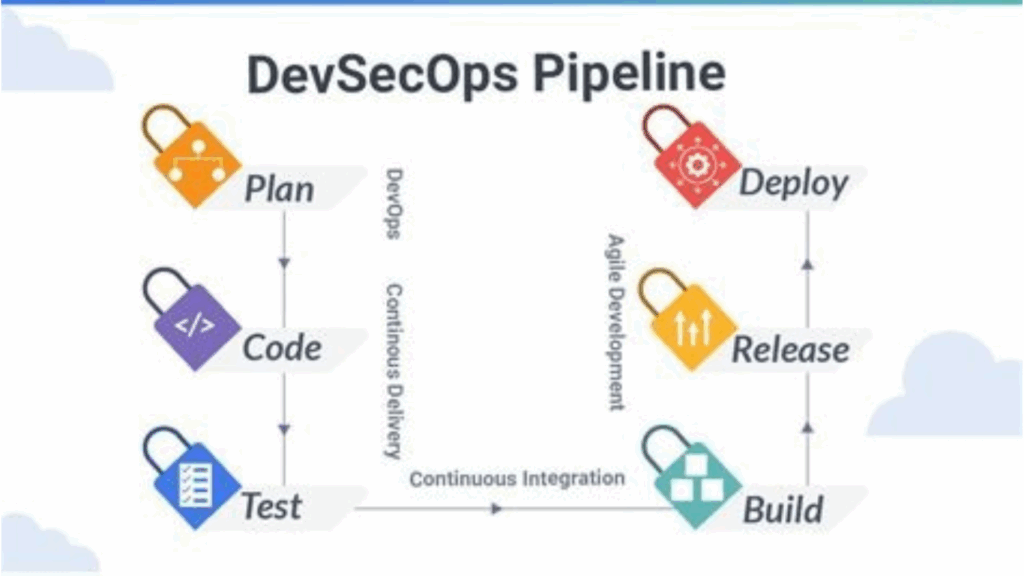

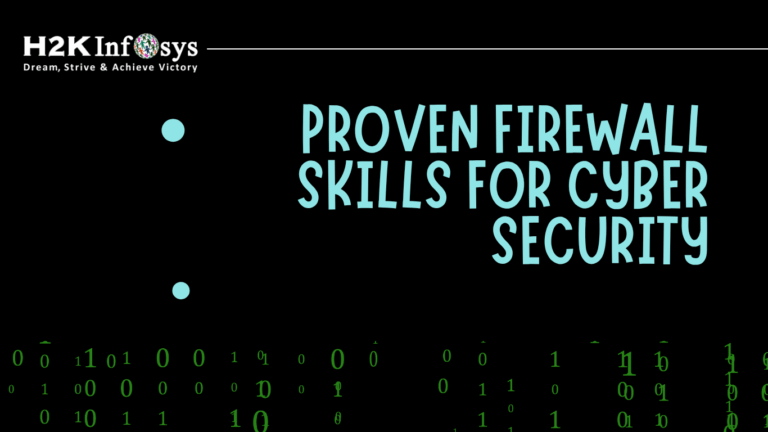
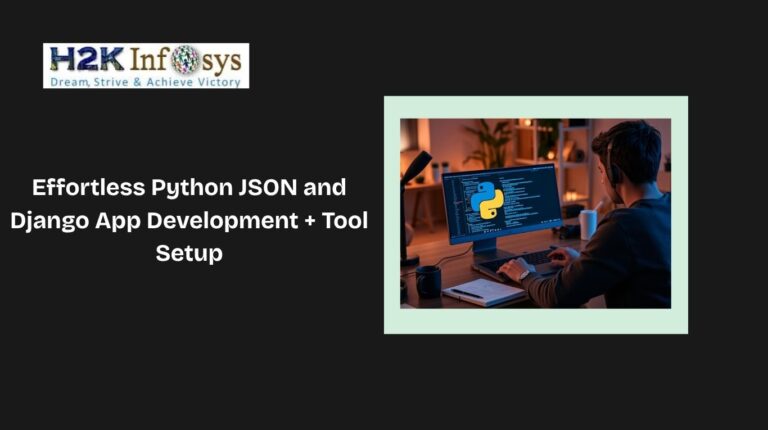


One Response